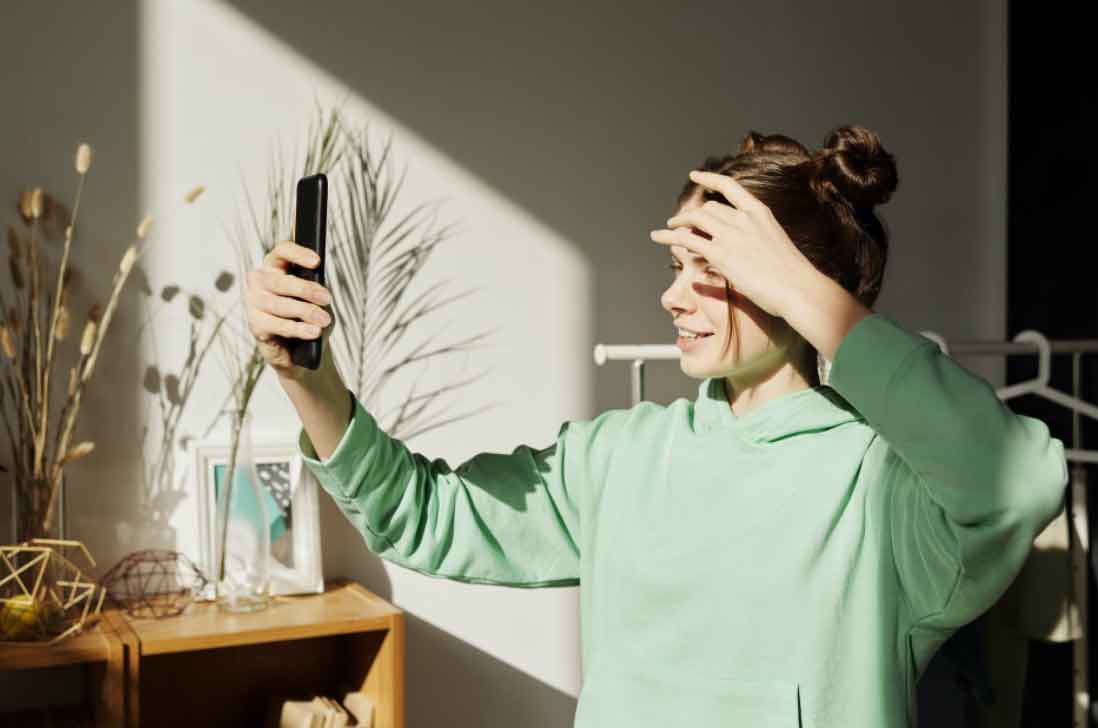Are selfies related to Narcissism and Psychopathy?
Selfie (noun)
: a photograph that one has taken of oneself, typically one taken with a smartphone or webcam and shared via social media.
This question has probably crossed your mind at least once since selfies became a key part of everyone’s social media accounts. The sole definition of the word describes the act of taking a picture of yourself and posting it online for all of your friends to admire, implying obvious elements of self-centeredness.
In an attempt to track the correlation between selfies and certain negative personality traits, psychologist Gwendolyn Seidman, Ph.D., asks:
“Are people who post selfies on social media sites narcissistic and psychopathic, or self-objectifying, or both?”
A study published in the Personality and Individual Differences journal back in 2015 examines self-objectification, along with the Dark Triad personality traits – Narcissism, Psychopathy, and Machiavellianism. These are considered nearly evil behavioral patterns due to the extreme level of manipulativeness and disturbing lack of empathy that come hand in hand with them.
How to spot Dark Triad traits and self-objectification in others?
Here are some red flags to look out for:
1. Narcissism
This personality trait can be quite easy to identify. However, people with narcissistic traits sometimes fool their victims into believing they come with good intentions when in reality, it’s exactly the opposite. Narcissists are excessively self-absorbed and feed on others’ admiration. In their minds, they are better than everyone else.
2. Psychopathy
Individuals high in psychopathy are utterly impulsive when it comes to making decisions. They are also strangers to empathy, making them awfully insensitive.
3. Machiavellianism
People with this type of personality are extremely manipulative. They have little to no consideration when it comes to moral values, and they are also treating others’ feelings and emotions with severe disregard.
4. Self-objectification
By definition, objectification is the act of degrading someone to the status of a mere object. Therefore, self-objectification means viewing yourself as an object based on your sexual worth. In other words, people who tend to perceive themselves as things base their self-worth on their physical appearance.
What do these behavioral patterns have to do with taking selfies?
In an attempt to analyze the correlation between the abovementioned negative characteristics and the act of taking selfies, the researchers used data from a nationally representative sample of 1,000 men aged 18 to 40. The participants were asked to complete personality questionnaires evaluating their levels of Narcissism, Psychopathy, Machiavellianism, and Self-objectification.

In the survey, there were questions like “How many selfies did you take and post on social media last week?” and “How much time do you spend on social media?”
Furthermore, the volunteers were asked about the frequency of them editing their selfies to make themselves look better.
According to the study’s results, Narcissism and Self-objectification were closely related to spending more time on social media. Photo editing was also associated with these two personality features. When it comes to posting selfies, individuals that post numerous times a week were found to show signs of both Narcissism and Psychopathy.
Hence, the examination reveals that men who objectify themselves are more likely to put an effort into editing their photos so that they can appear better-looking online. Interestingly, this behavior indicates low levels of confidence, which is the exact opposite of Narcissism. However, the researchers discovered that both Narcissism and low self-esteem are associated with greater social media use.

The study we discuss in this article is from 2015. We can safely say that in the last six years, many of us are gradually becoming more and more invested in social media.
So, if the study was conducted today, and it included both male and female participants, do you think the results would be different? Let us know in the comment section!



